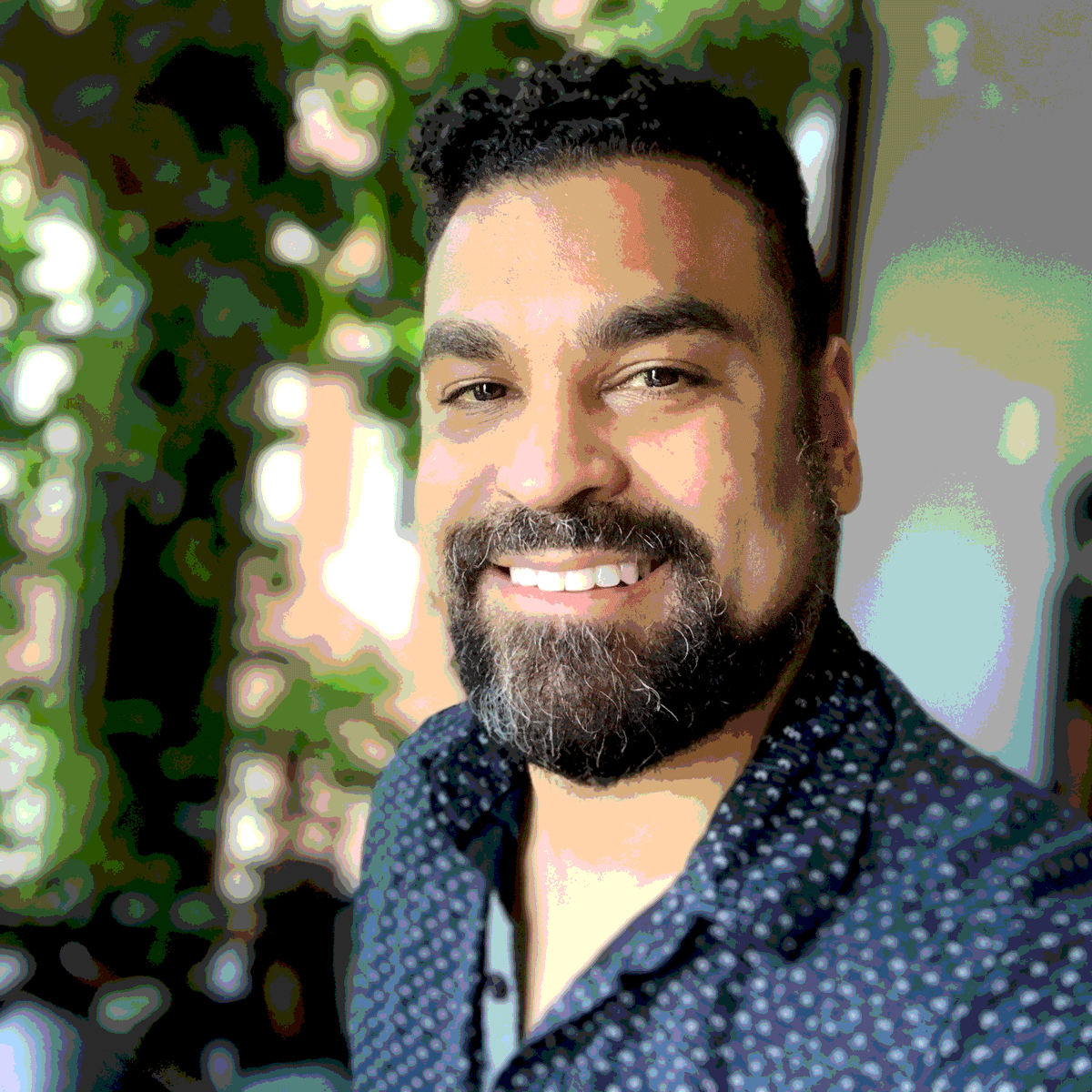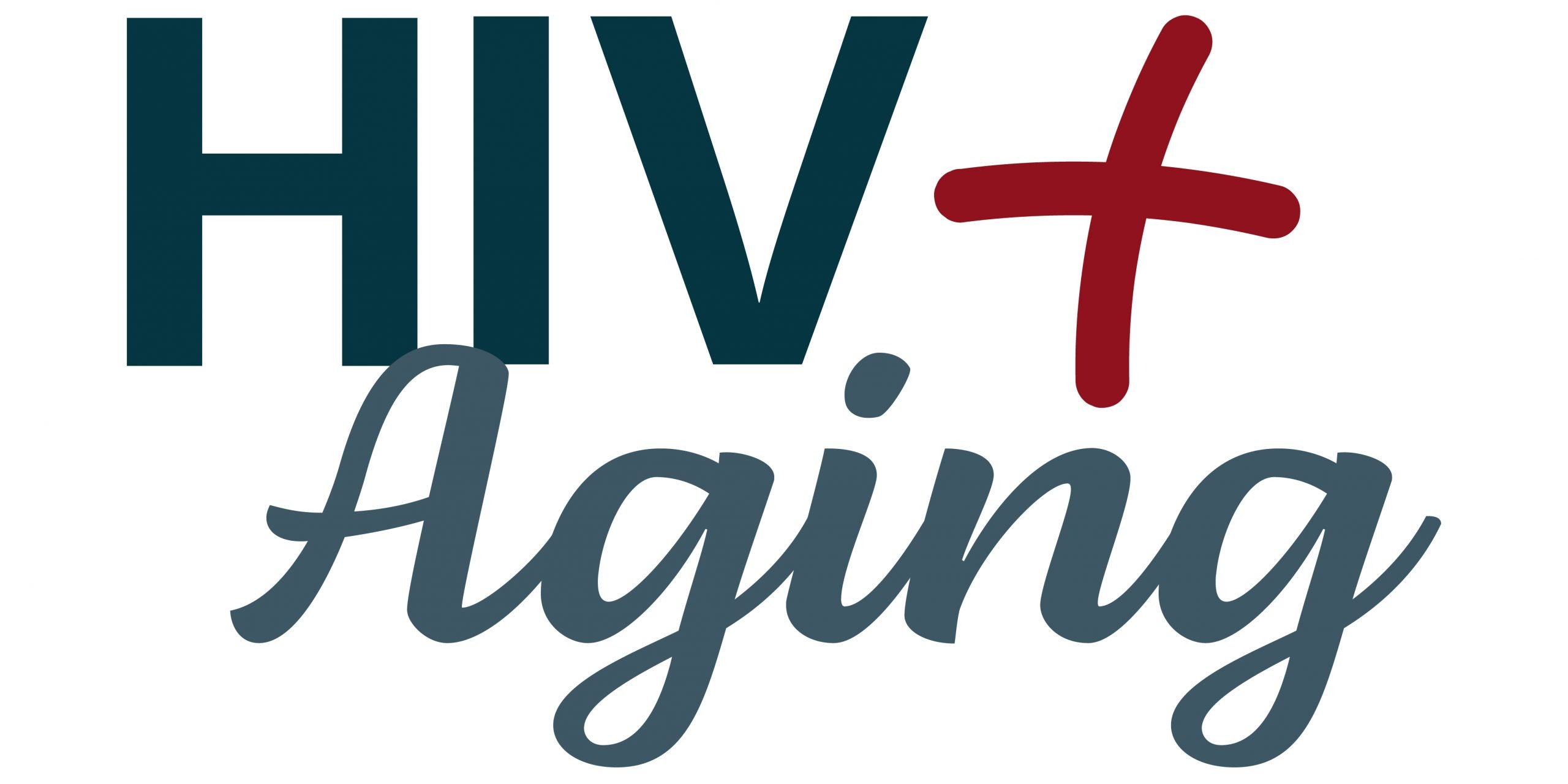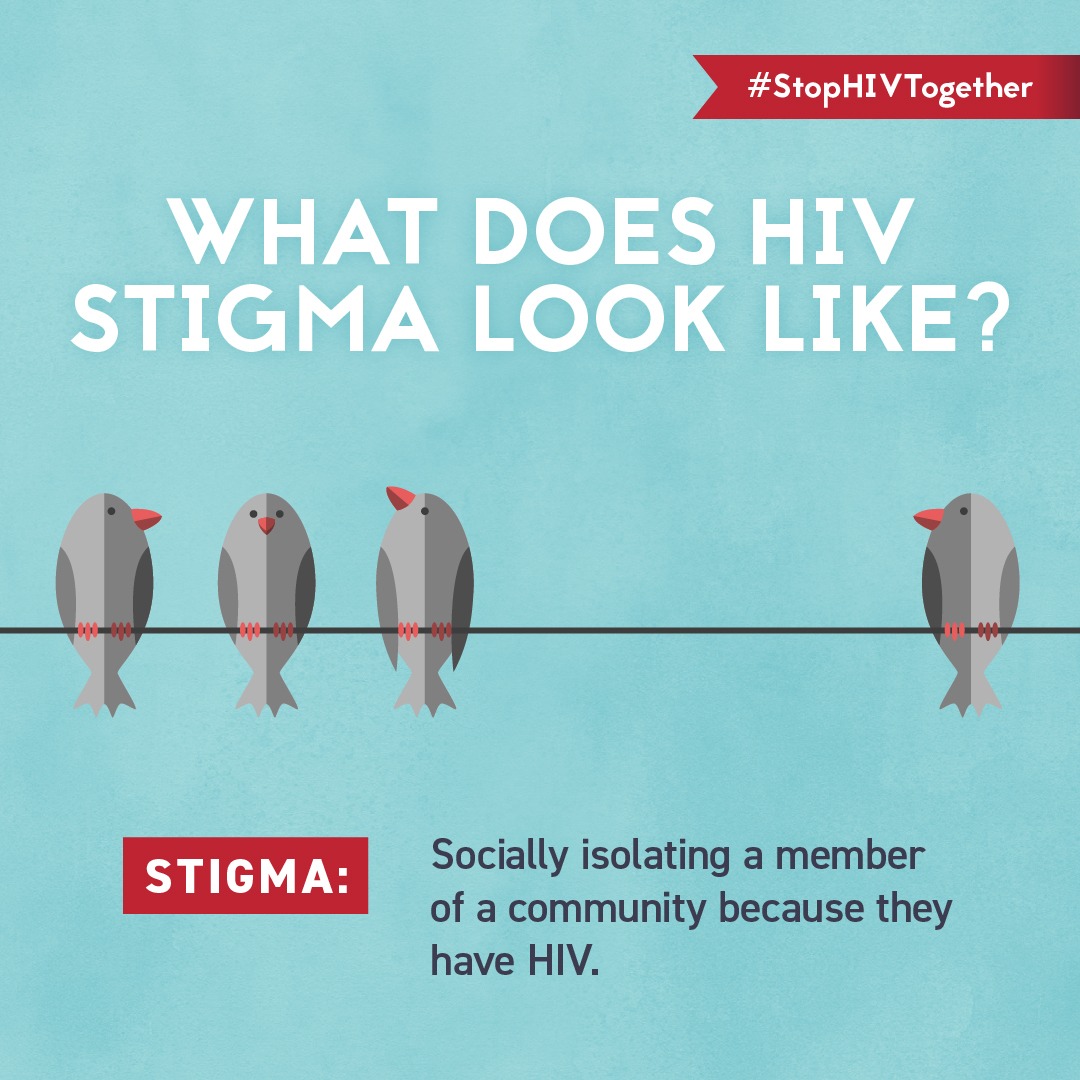Christian F. Castro
Research Project Manager
Interviewed in August 2020
Q: Define HIV stigma in your own words.
A: Certainly. It’s an alienation and isolation for having a health condition, and how people perceive you to be. Stigma refers to negative beliefs, feelings and attitudes towards people living with HIV, which can then be internalized.
Q: Why do you think stigma exists? What do you think are some of the root causes?
A: We live in a puritanical country where sexual shame is prevalent, and shame originates from morality. And when we’re talking about morality, we’re talking about what we believe is good and bad or right and wrong. This also involves people’s attitudes and beliefs towards sex. But when discussing how someone has contracted HIV, in many instances we’re talking about gay sex – condom-less anal sex – and for many people in the general population and for some in the LGBTQ community, these are real taboo issues around sexuality, sexual expression, and the types of sex that a person enjoys. Ultimately, having sex with a person of the same gender can be revolutionary and is revolutionary, as it can break all these heteronormative associations about who can and cannot have sex or enjoy sex. As a person living with HIV, you can quickly be cast aside as someone who is quote-unquote “unclean,” or that you’re looking to get it, or that you can’t be trusted because you got the disease.
As a person living with HIV, you can quickly be cast aside as someone who is quote-unquote “unclean,” or that you’re looking to get it, or that you can’t be trusted because you got the disease.”
Q: Do you see those attitudes coming from people who are living with HIV as well?
A: Yes. For example, some people who are HIV-negative can have these kinds of attitudes around who’s clean or unclean, because you go like, “Oh, I’m clean because I’m HIV-negative.” A lot of the language has already kind of been internalized from what they see. And then for people living with HIV, they then might internalize that as well, saying, “Oh, being HIV-positive, I can’t have sex,” because it’s not a positive attribute to have. And they might not be able to disclose because they might be seen in a different light.
Q: Explain to me whether or not HIV stigma has had a negative impact on your life, and how so.
A: Sure. I became HIV-positive when I was in grad school, and it felt very isolating not being able to disclose because there was no space to talk about such things on campus. I think there was a limited amount of mental health sessions they could provide to students. I internalized it and just carried on my academic studies, and then it became very hard because I didn’t want to take a leave of absence. I felt that I had very few options, and because of that, I didn’t get to enjoy, really, truly immerse myself in my academic studies. As a result, it really stopped me from pursuing my Ph.D. after I completed my master’s degree.
Overextending yourself happens so quickly when you have to educate someone because maybe they don’t want to change their thoughts or beliefs and their attitudes.”
Q: Has HIV stigma ever made you hesitant to receive HIV testing or treatment?
A: I always kind of felt comfortable in getting an HIV test and getting my result, but when I got my positive result, it took me a couple months because I really had to feel comfortable that I had to take a pill every day for the rest of my life. I luckily had a great doctor – a HIV specialist in D.C. He was also living with HIV, and he was very compassionate and smart. He told me, “When you’re ready, let me know.” And it took me several months to then start treatment.
Q: Tell me more about that doctor. What made you feel comfortable around him? What did they do right in terms of how they treated you?
A: He was someone who was intelligent and was able to break down the research at that time around the benefits of taking antiretrovirals. And at that point, Truvada was very promising, and so he was super excited to share that with clients and patients. And he would tell me, “Oh, I’ve read research articles.” But then he looked at me as a patient and said, “Are you ready to take these medications?” And I was so glad that he asked me first, rather than saying, “you need to” because I think that’s so important. And I said, “You know what, I’m not ready for this.” And he said, “Well, you know, on your next visit, let’s talk about it, revisit it again.” So completely compassionate and patient-centered.
Q: How have you navigated your family and friends in regard to stigma?
A: I take it by a case by case basis. I’ve told some family members, not all, because I think they might not understand. And personally, I don’t have the time or energy to unpackage all their thoughts and beliefs around sex and HIV. In my case, it’s about my needs. Overextending yourself happens so quickly when you have to educate someone because maybe they don’t want to change their thoughts or beliefs and their attitudes. Some in my family may not be too keen on talking about this, so for my health and wellbeing, I don’t self-disclose until I’m ready to do so. I have to make a personal decision. At the same time, I’ve been able to be open about my status in professional settings, and all my friends know.
I would recommend one particularly – TheBody.com. It really shares a lot of personal stories that people can connect with, because at the end of the day, our stories are so important.”
Q: What are some of the things you can think of that need to be done to overcome HIV stigma?
A: There’s a very helpful document for me called The Denver Principles, and it really talks about the rights of people living with HIV mainly to have a full and satisfying life. It talks about “us” being complex people who have sexual needs and emotional lives, and the importance of positioning “ourselves” in that position, rather than only focusing on fixing “us”. We have rights to quality healthcare, mental health, other resources, having employers that support us, and being able to thrive.
Q: If there’s anything you could tell people who don’t have HIV about what they could do to combat stigma, what would that be?
A: There’s a wealth of resources and information on the internet, so I’d recommend reading up on sexual health articles. I would recommend one particularly – TheBody.com. It’s written from medical care providers working in many “community-based” organizations, as well as people living with HIV. It has lived experiences from a medical side but also from a personal side. It really shares a lot of personal stories that people can connect with, because at the end of the day, our stories are so important.
Q: We had a discussion with one of the other people we interviewed about this whole idea of being an advocate for people living with HIV. It’s this idea of when you’re looking for help, you could get help by being part of the solution. So when you become an advocate, you’re helping others, but you’re also getting support by being involved with people that have the same goals and the same challenges that you have.
A: Yes, because by doing that, you’re building peer support networks. It’s like a two-prong approach. You’re addressing a systematic change, but also building a sense of community with others who might share similar experience or identity.
Q: Is there anything I didn’t ask about that you think is important to emphasize?
A: I would say that for anyone living with HIV, getting your results can be a very life-changing and traumatic experience, but we can live very full, complete, satisfying lives. I think organizations need to create space for people, help decision-making processes, and give leadership opportunities for people living with HIV within organizations so there can be real change around the epidemic.
I would say that for anyone living with HIV, getting your results can be a very life-changing and traumatic experience, but we can live very full, complete, satisfying lives.”
Q: Why don’t you give me a brief overview of what your organization does?
A: In our work, we’re really focused on looking at the health and wellness of sexual and gender minority individuals. It’s a new research theme for the National Institutes of Health (NIH). We’re trying to see health disparities in this newly identified research groups that can include LGBTQ-identified people, and how we can address those gaps and those trends. It’s exciting work to be a part of. It’s relatively new. I think for any population, addressing health disparities is an important focus, in order for people to live full, productive lives. And if not going to see a doctor for any preventable disease and/or trauma can be avoided or minimized and instead can be fulfilled by integrated best health practices or interventions, then that’s a great goal.









